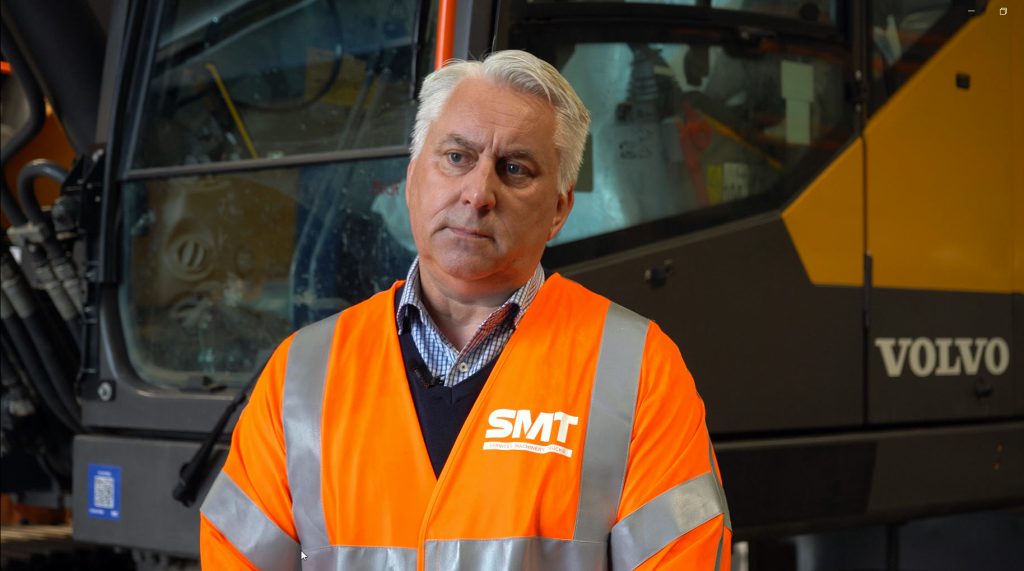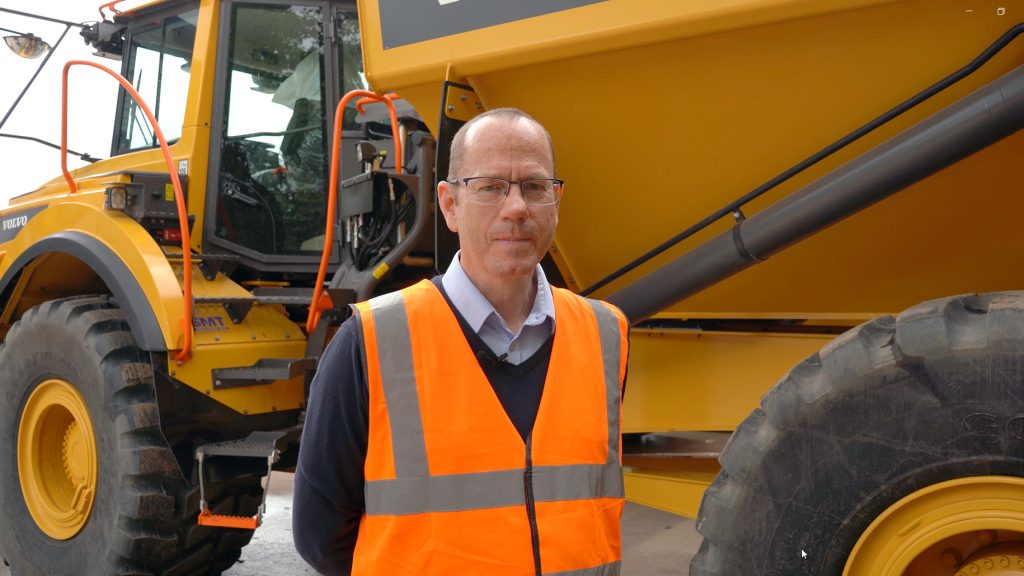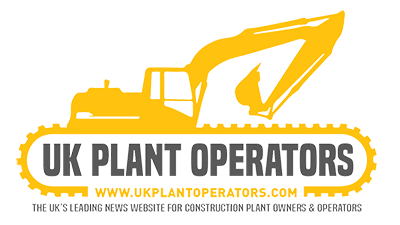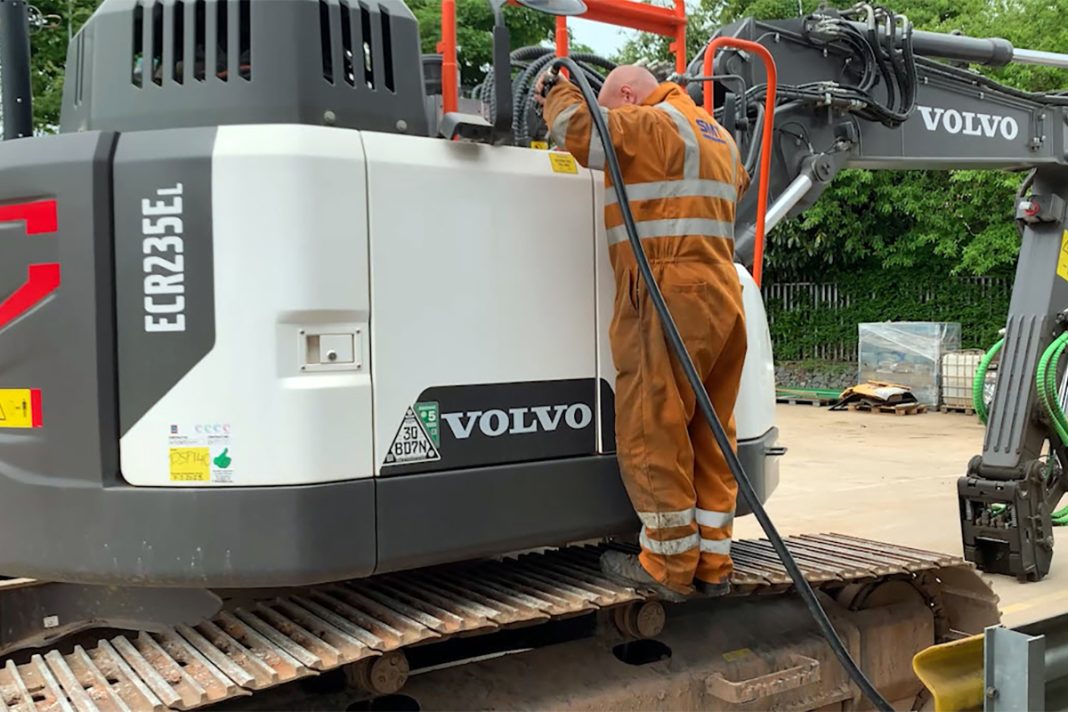![]()
Following the conclusion of the red diesel rebate for construction equipment, SMT GB took the opportunity to assess all of the available alternative fuel options.
“Once our time using red diesel came to an end, we assessed all of the available fuelling options, and made the conscious business decision to switch to HVO fuel,” explains Operations Director Garry Wilcock. “This led us to invest significantly in our facilities to accommodate this new fuel, which we wholeheartedly believe has been worthwhile when the environmental benefits of using HVO fuel are considered.”

Hydrotreated Vegetable Oil, or HVO, is a diesel-like fuel that differs from standard diesel in that it is not made from petroleum oil, but waste and by-products of the global food industry, such as used cooking oil.
Not only does HVO convert food industry waste into a useful generator of resources, but it is also both a renewable and sustainable fuel. The sustainability of SMT GB’s HVO fuel is assured through the certificates provided by Zemo under the Renewable Fuel Assurance Scheme, which guarantees that it has been made from waste products and not blended with any other fuels.
But the benefits of HVO fuel extend far beyond reducing waste. Explaining the main benefit of HVO fuel to SMT GB, Quality, Environmental, Safety and Health Manager Paul Burr states: “There is around a 90% reduction in total scope 1, 2 and 3 carbon emissions from using HVO fuel over diesel, so it was an obvious decision for us to take when we looked at it from an environmental perspective. Added to this, it reduces emissions of some of the key air pollutants by around 30%, which is helping authorities in their efforts to meet local and national air quality standards.”
Continuing, Paul adds: “SMT GB is committed to achieving net zero by 2040, which is a highly ambitious target, but using HVO fuel is greatly helping us along the road to achieving it. It also assists our customers in their own journeys to net zero.”

Providing reassurance that HVO is safe to use, Volvo CE has tested the fuel across its entire engine range, and found it to cause no damage to engines or components and, in some instances, actually increase fuel efficiency.
To allay concerns even further, SMT GB only engages with fuel suppliers who are able to prove the point of origin of the waste and by-products used to create their HVO. This ensures that the HVO fuel supplied to SMT GB is fully certified and truly created from ethical and sustainable sources.
Commenting on the adoption of HVO fuel, Service Delivery Manager Derek Griffiths adds: “Like everybody, we were initially wary of the change. However, after Volvo’s reassurance and completing our own due diligence, I’m happy to confirm that there have been no issues to report.”
Derek adds: “The feedback from our customers and engineers on our use of HVO fuel has been nothing but positive and, from our perspective, we believe HVO is the perfect environmental bridging tool until electrification and hydrogen are ready to take over from diesel-powered engines.”
In addition to exclusively using HVO to fuel any customer machines that visit SMT GB’s customer support centres, the company also uses HVO for all new machine deliveries, and to fuel the entire forklift truck fleet.
Concluding, Garry adds: “There is certainly a larger cost involved in using HVO over white diesel, but its adoption as our fuel of choice perfectly complements all of our other environmental initiatives, and we at SMT GB strongly feel that we have an ethical responsibility to do our part to minimise our impact on the environment.”























